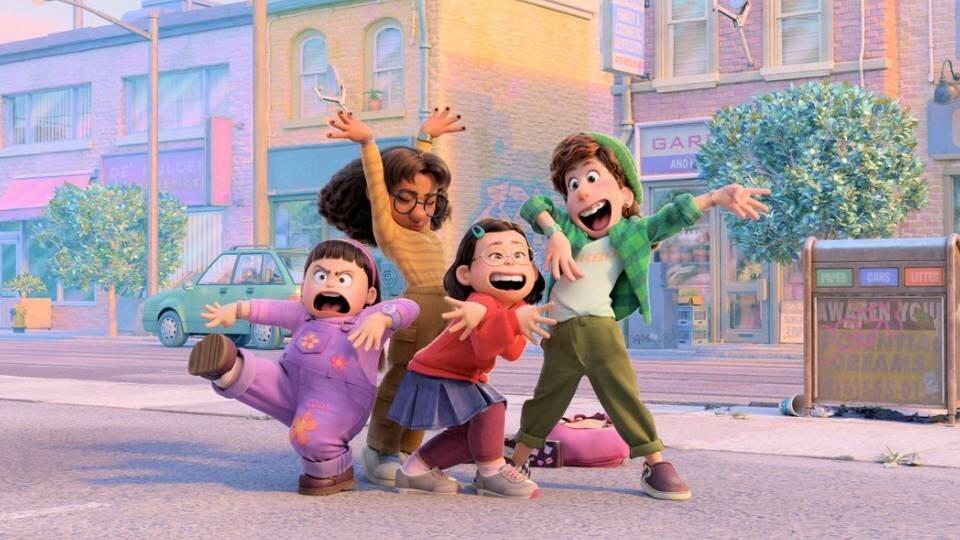
As Pixar’s first full-length film directed by an Asian woman (Domee Shi), “Turning Red” has gained praise from critics for its positive displays of taboo subjects. However, some parents feel as though topics of puberty, periods, and growing up are inappropriate for children, sparking the controversy of “Turning Red”.
“Turning Red,” stars Mei, a 13-year-old Asian Canadian going through the typical experiences of early teens, while trying to be a perfect daughter to her overbearing mother. On top of this, all the women in Mei’s family would turn into red pandas whenever they experience intense emotions, and she must learn how to control her panda until she can perform the ritual to get rid of it forever.
While “Rotten Tomatoes” critics considered this film “certified fresh” with a whopping 94%, reviews from parents have commented: “I would not feel comfortable allowing our oldest daughter (age 7) to watch this movie because she wouldn’t understand what is happening to the girl… definitely not appropriate for a 7-year-old who has truly no concept of puberty or what that even means”. In the film, while Mei first undergoes her change into a red panda, her mother, Ming Lee, asks if “the red peony bloomed”, referencing her daughter’s first period, and offers her things such as heating pads, ibuprofen, and pads.
Along with these discussions of puberty, viewers have complained that the movie isn’t realistic or only relatable to a small population of people. A now-deleted review from CinemaBlend said: “By rooting Turning Red very specifically in the Asian community of Toronto, the film legitimately feels like it was made for Domee Shi’s friends and immediate family members”. Many readers felt this review was exceptionally racist and sexist.
Other viewers appreciated that these taboo subjects are finally discussed in the media. In fact, many medical experts even state that not having these discussions with children is actually the greater issue at hand, with one tweet reading: “As a former school nurse, let me tell you how many elementary school girls come into the nurse’s office thinking they are dying because no one talked with them about this”.
Reflecting on past children’s movies, no film has ever mentioned periods and puberty with such nonchalant normalcy. Periods and puberty are subjects that children are told shouldn’t be talked about, giving them this shameful connotation, but “Turning Red” reflects on these topics with complete acceptance.
Another criticized subject in “Turning Red”, was Mei’s rebellion against her parents. Several reviews on the site Common Sense Media have labelled the lying and teen rebellion featured as a negative influence on children, but fail to mention the same lying and parental disrespect in other Disney films.
For example, in “The Little Mermaid”, Ariel went on land after her father told her not to. This disrespect in other children’s movies never received the same amount of hatred, further identifying the racism within these reviews. As Ariel is a white character in a mainly white film. Mei is Asian and goes through similar experiences, but hers are the ones deemed “inappropriate” and “unrelatable”.
Other than the turning into a red panda aspect of the movie, the movie is relatable to young people as everyone experiences puberty and familial struggles. Having “Turning Red” discuss these topics in a positive light, it’s a step towards accepting the difficult parts of growing up.





